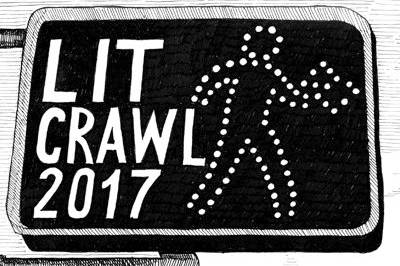I do not believe it is hyperbolic to say that a little piece of Seattle died on the day that the Seattle Post- Intelligencer stopped publishing a daily print edition. The Seattle Times publishes some wonderful journalism, but a single newspaper cannot accurately portray the entire soul of a city. In the years since the P-I print edition died, though, we have seen some significant online publications grow to fill that void. To name just three: Seattle Globalist has tracked Seattle’s growth into a world-class city with world-sized problems; Seattlish has become a beautifully vulgar bible for City Hall-watchers and Washington policy wonks; and the South Seattle Emerald has covered the city’s south end.
The Emerald is especially significant because it gives voice to a part of the city always underserved in the media. For decades, local television stations, daily newspapers, and alternative weeklies portrayed a Seattle that, geographically speaking, started at Pioneer Square and spread only northward, past the ship canal and into Ballard and Fremont and other lily-white neighborhoods. The Emerald isn’t the first publication to cover south Seattle, but it’s quickly developed a voice that feels uniquely like the south end: proud, loud, and smart. The Emerald carries none of the ’90s-era detached snark that dominated alternative media in this city for way too long; it’s unafraid to talk about race, it’s eager to advocate for the voiceless, and it’s thrilled to promote art as a participant and not just a bystander.
This week, the Emerald is launching an anthology in conjunction with Third Place Books’ in-house publisher, Third Place Press. Emerald Reflections: A South Seattle Emerald Anthology collects poems, visual art, and prose originally published on the Emerald’s website. Edited by the Emerald’s publisher, Marcus Harrison Green, the pieces provide a mission statement for the Emerald and for the city it represents.
Read the rest of this review in Seattle Weekly’s print edition or online at seattlereviewofbooks.com.
Paul Constant is the co-founder of The Seattle Review of Books. Read daily books coverage like this at seattlereviewofbooks.com.








